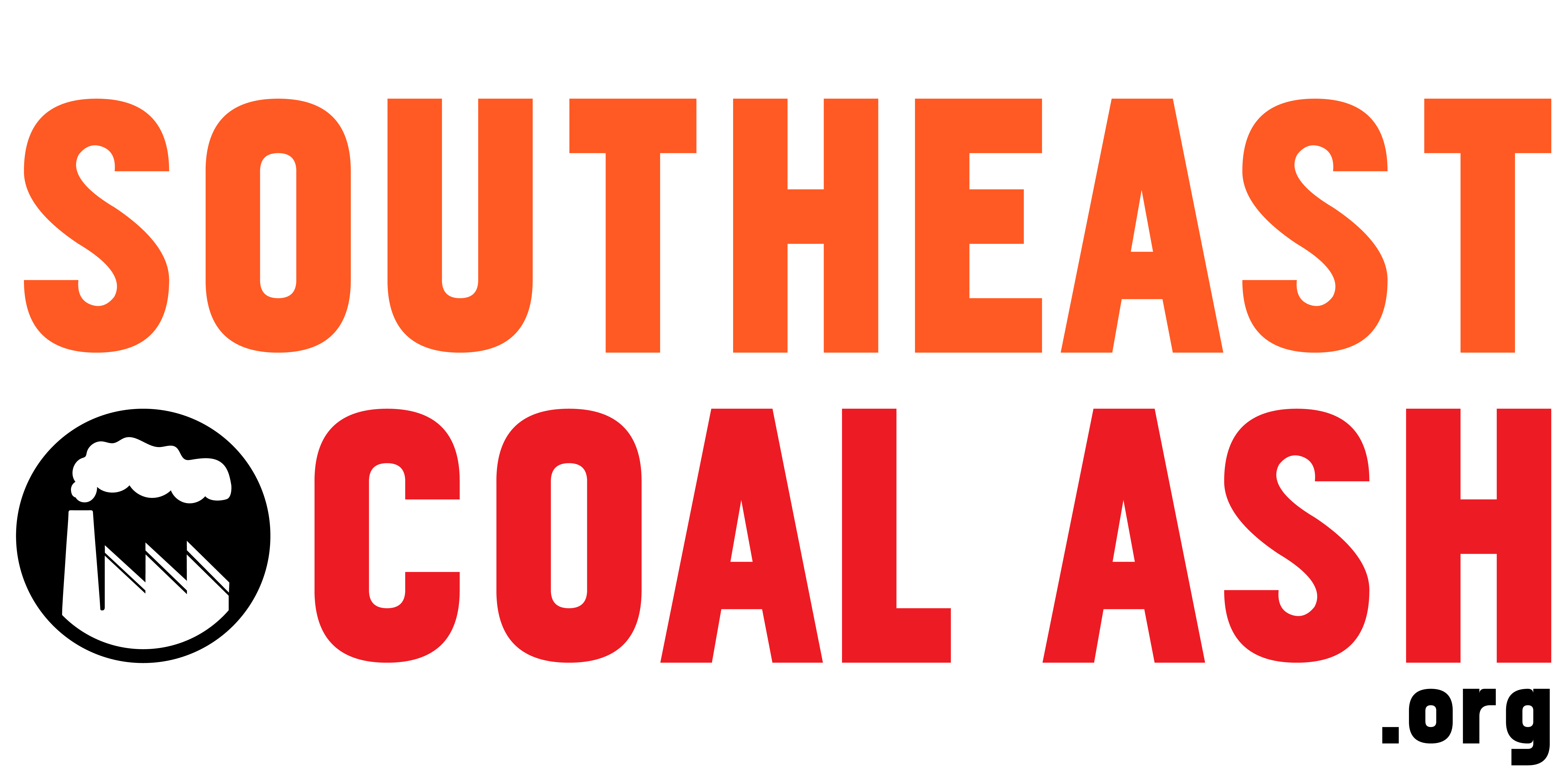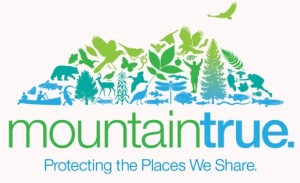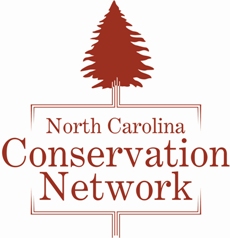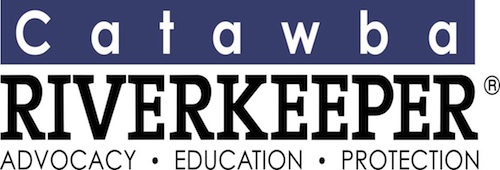We are a group of environmental and community organizations that have come together to focus on coal ash issues in the Southeast, and are working collaboratively on three major efforts:
- The development of this comprehensive website where individuals and groups can get more information on coal ash ponds near them.
- Gathering data and much-needed information on coal ash ponds and water contamination that currently does not exist.
- Collaboratively looking for legal opportunities to hold utility companies in the Southeast accountable for their coal ash pollution.
The Southern Alliance for Clean Energy (SACE) is a not-for-profit, non partisan organization working to promote responsible energy choices that solve global warming problems and ensure clean, safe, healthy communities throughout the Southeast. SACE has been working to educate decision makers and the public of the impact of burning coal for power in the Southeast for decades and coal ash is increasingly becoming a crucial part of these efforts. SACE is now working with partners to shine a spotlight on coal ash ponds in the Southeast by acquiring more data and information and making that data more accessible to the public.
Appalachian Voices brings people together to protect the land, air and water of central and southern Appalachia. AppVoices empowers people to defend the region’s rich natural and cultural heritage by providing them with tools and strategies for successful grassroots campaigns. Since the impacts of coal threaten Appalachia more than any other single source of pollution, Appalachian Voices is committed to reducing coal’s impact on the region and advancing a vision for a cleaner energy future.
The Southern Environmental Law Center represents community and environmental groups across the Southeast in researching the problems and threats associated with coal ash and in pursuing policy, regulatory, administrative, and judicial solutions. SELC works in Virginia, Tennessee, North Carolina, South Carolina, Georgia, and Alabama. SELC is working with partners to address the coal ash issue throughout the region and presently is pursuing lawsuits to clean up coal ash lagoons on the banks of major Southeastern rivers.
MountainTrue’s board, volunteers and professional staff focus on a core set of issues across 23 counties of Western North Carolina: sensible land use, restoring public forests, protecting water quality and promoting clean energy – all of which have a high impact on the environmental health and long-term prosperity of our region. MountainTrue is the home of the French Broad Riverkeeper, the primary protector and defender of the French Broad River watershed.
The North Carolina Conservation Network supports, trains and coordinates diverse groups and directly advocates to achieve equitable and sustainable solutions for our environment. NC has a heavy reliance on coal for generating electricity, leading to a serious risk of public health. The state is home to 12 high hazard coal ash ponds. Groundwater contamination is an additional problem associated with coal ash ponds—in fact, when Duke and Progress Energy tested groundwater surrounding coal ash ponds for contamination, all 13 sites tested violated NC groundwater standards. The NC Conservation Network is working to organize the NC grassroots community and coordinate campaigns that target coal ash ponds.
The Catawba Riverkeeper Foundation advocates for the health, protection and enjoyment of the Catawba-Wateree River watershed, which is the primary source of drinking water for approximately 1.6 million people. Four of EPA’s 44 High Hazard Coal Ash Impoundments are located on the banks of the Catawba River. All four of these high hazard ash ponds are located on reservoirs that are used as a source of drinking water, with one of them located just upstream of Congaree National Park. Catawba Riverkeeper has been active in testing the discharges from the ash ponds, educating the public about the ash ponds, advocating for tighter standards, and in some cases filing lawsuits to compel the cleanup of ash ponds.
Cape Fear River Watch protects and improves the water quality of the Lower Cape Fear River Basin through education, advocacy and action. The Lower Cape Fear is an incredibly diverse watershed with rich marine estuaries fed by meandering black water streams. Just upstream from Wilmington, the Progress Energy L.V. Sutton Steam Plant maintains two coal ash containment ponds on the banks of the Cape Fear River. Contaminants from these ponds are leaking into groundwater supplies and have moved outside of containment boundaries. In 2010, part of the containment berm on the ponds failed, releasing coal ash and highlighting the dangers posed by the ponds if they are not properly controlled.
Create-Your-Own Coal Ash Report
Full control to create the report of your choosing listing coal plants with ash impoundments in the Southeast.
Create your report NOW!







